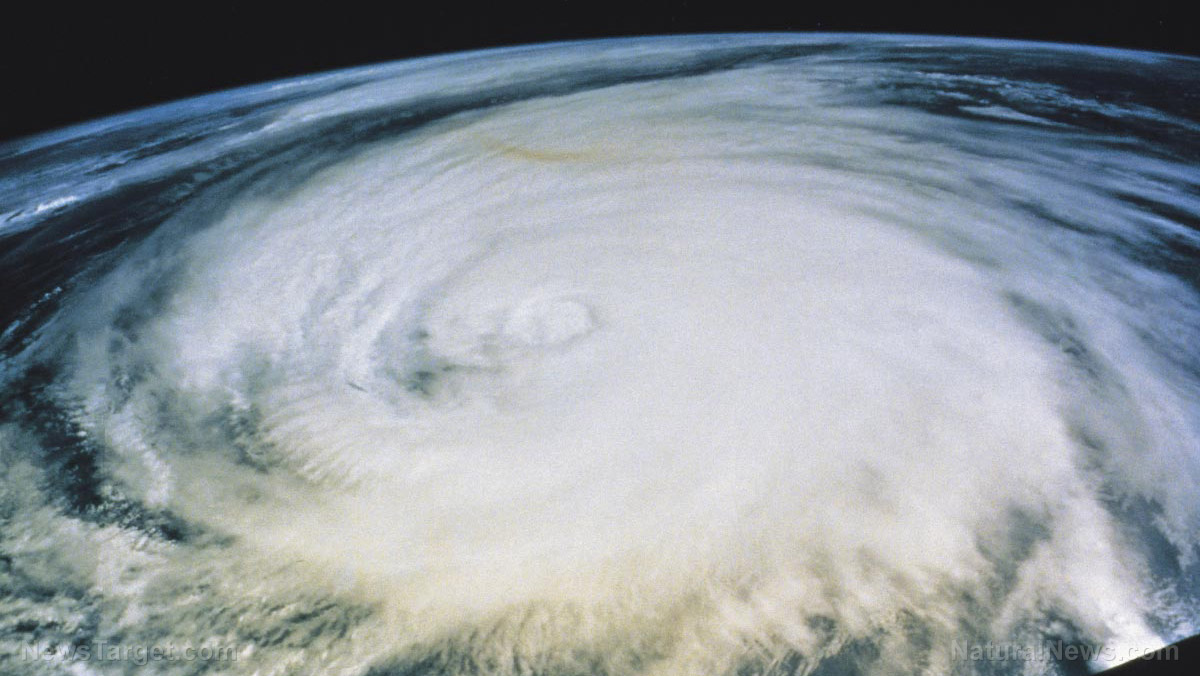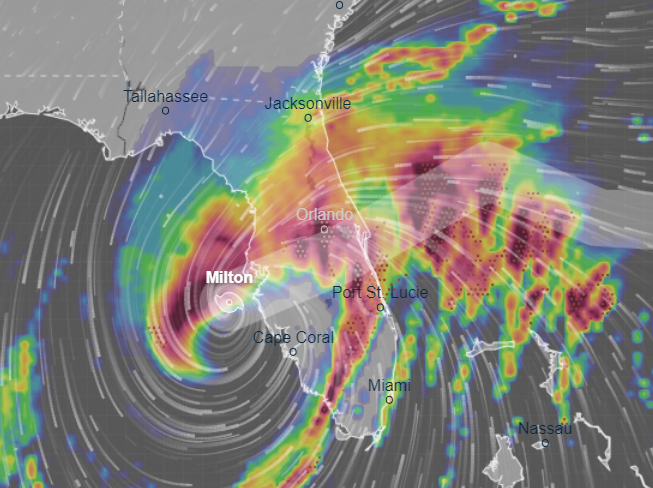EV batteries damaged by floodwaters started at least six home fires in Florida
10/11/2024 / By Ava Grace

At least six homes in Florida have caught fire after floodwaters from Hurricanes Milton and Helene submerged and ignited the batteries of electric vehicles (EV).
Florida Gov. Ron DeSantis reported in a press conference that state officials have seen 16 fires so far from EVs in the Tampa Bay area alone, including Pinellas County. (Related: Florida drivers STRANDED on highways as Hurricane Milton hits: “This storm is breaking cars down.”)
“One of the threats that we’re very concerned with is lithium-ion battery technology – that’s EVs, golf carts and scooters. These devices do not mix well with salt water,” said State Fire Marshal Jimmy Patronis.
“If the salt water is able to bridge the gap between the positive and negative terminals of (the) battery, then it can cause a short circuit,” said Tom Barth of the National Transportation Safety Board.
The phenomenon is apparently linked to just saltwater, as thermal runaway has not been observed in EVs from freshwater flooding in California.
Tampa Mayor Jane Castor reminded residents in a press conference that city garages were left open and urged electric vehicle owners in particular to take advantage of the upper floors in garages to avoid flood and fire risks.
“You can put your electric vehicles up high,” Castor said in the press conference. “Make sure you are elevating all those electric batteries and electric items as well because those batteries – once they start on fire – they cannot be extinguished.”
Dozens of battery fires reported in Florida
As of press time, there have been at least 48 confirmed battery fires related to storm surges from Hurricanes Helene and Milton, with 11 of them associated with EVs.
Seminole, Florida Fire Chief Bill Morelli reported that three of these battery fires occurred in his city. St. Petersburg Fire Rescue reported at least two, one from an electric bike and another from an all-electric Mercedes-Benz EQB300 SUV. A representative of the fire department reported that the EV battery fire led to “major damage to the home.”
“They burn hot, they burn fast and they’re hard to extinguish,” said Morelli.
The National Highway Traffic Safety Administration (NHTSA) has warned in a statement that EV battery fires could occur even weeks after the batteries were damaged by floodwaters.
“Lithium-ion vehicle battery fires have been observed both rapidly igniting and igniting several weeks after battery damage occurred. The timing of the fire initiation is specific to the battery design, chemistry, and damage to the battery pack,” the NHTSA said in its statement. “As with other forms of battery degradation, the time period for this transition from self-heating to fire ignition can vary greatly.”
Visit Disaster.news for more stories about the recent hurricanes that devastated the Southeastern United States.
Watch this Oct. 9 episode of “The American Journal” on InfoWars discussing how coincidental it is that two hurricanes devastated the solid red state of Florida less than a month out from Election Day.
This video is from the KryptoKingon187 channel on Brighteon.com.
More related stories:
As Hurricane Milton hammers Florida, nearly 2,000 Florida gas stations are OUT OF FUEL.
Scenic NC town wiped out by Hurricane Helene as state’s death toll continues to climb.
Sources include:
Submit a correction >>
Tagged Under:
battery fires, big government, chaos, Collapse, dangerous, Disasters, electric vehicles, EVs, fires, Flooding, Florida, flying cars, Hurricane Helene, Hurricane Milton, lithium ion batteries, natural disasters, panic, robocarsd, Ron DeSantis, SHTF
This article may contain statements that reflect the opinion of the author
Get independent news alerts on natural cures, food lab tests, cannabis medicine, science, robotics, drones, privacy and more from NewsTarget.com
Get independent news alerts on natural cures, food lab tests, cannabis medicine, science, robotics, drones, privacy and more from NewsTarget.com
RECENT NEWS & ARTICLES
SHTF.News is a fact-based public education website published by SHTF News Features, LLC.
All content copyright © 2018 by SHTF News Features, LLC.
Contact Us with Tips or Corrections
All trademarks, registered trademarks and servicemarks mentioned on this site are the property of their respective owners.



















